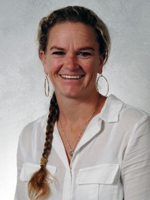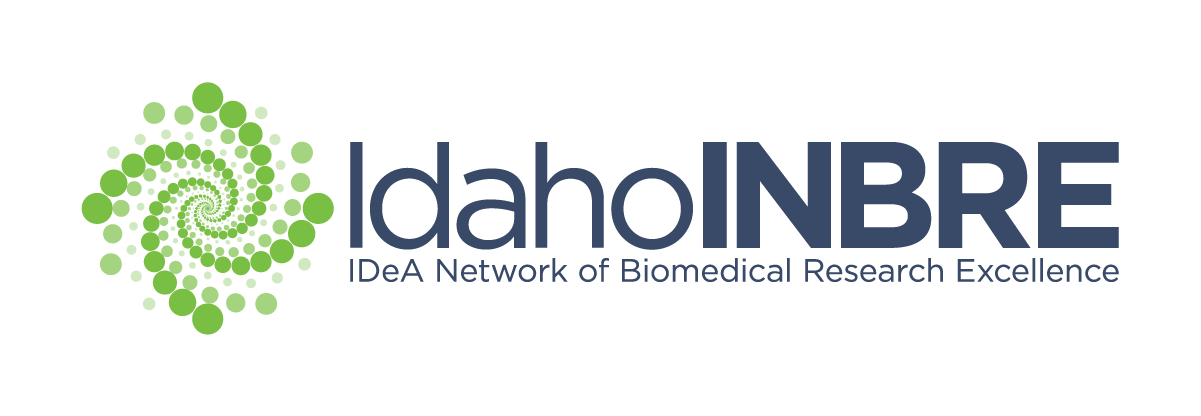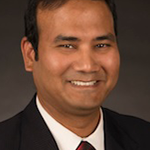
- Name: Mary Cloud Ammons Anderson, Ph.D.
- Institution: Idaho Veterans Research and Education Foundation
- Department: Research
- Phone: 208-422-1000 ext 1219
- Email: marycloud.ammonsanderson@va.gov
Summary: Despite extensive investment in better healthcare practices, hospital acquired infections (HAIs) remain a major public health concern. Currently, the Centers for Disease Control and Prevention (CDC) estimate that about one in twenty-five patients receiving treatment at acute care hospitals in the United States have acquired a preventable infection, often resulting in chronic, non-healing wounds. Colonizing bacterial biofilms are a major contributor to delayed healing; however how the metabolic phenotype of a colonizing biofilm influences the wound healing process remains largely unknown. This gap in knowledge has inhibited the development of effective treatment protocols, resulting in amputation being a common outcome of the current standard of care. Our preliminary research indicates that small molecule metabolite profiles are strongly associated with microbiome profiles within the chronic wound environment, indicating that the wound landscape is shaped by the metabolic activity of the colonizing bacteria. Indeed, recent research has demonstrated that bacterial metabolites can regulate inflammation, suggesting that, in chronic wounds, bacterial metabolites contribute to the healing process stalling at the inflammatory stage. Our recent metabolomics comparison between biofilm and planktonic cultures of Staphylococcus aureus and Pseudomonas aeruginosa, the two most commonly occurring, colonizing bacteria in chronic wounds, demonstrated that these growth modes are indeed distinct metabolic phenotypes. Furthermore, P. aeruginosa biofilm and planktonic conditioned medium differentially effects metabolic pathways key to immunomodulation of macrophage classical and non-classical polarization, pathways also key to macrophage regulation of wound landscape in a direction pro-inflammatory or pro- resolution, respectively. These preliminary findings lend support to our broad research hypothesis that bacterial biofilms mediate specific pathological effects against host innate immune cells within the wound environment, resulting in deviation from the normal wound healing process and leading to wound chronicity.
Minimum classes: N/A
Projects: This research project will build on the foundation established by our preliminary data, specifically addressing the hypothesis that the interface between macrophage and biofilm is the key intersection between the promotion of healing and non-healing in chronic wounds. To address this hypothesis, we will utilize a complex, systems biology approach to better understand the biological factors that contribute to the metabolic immunomodulation of macrophage polarization by biofilms.



